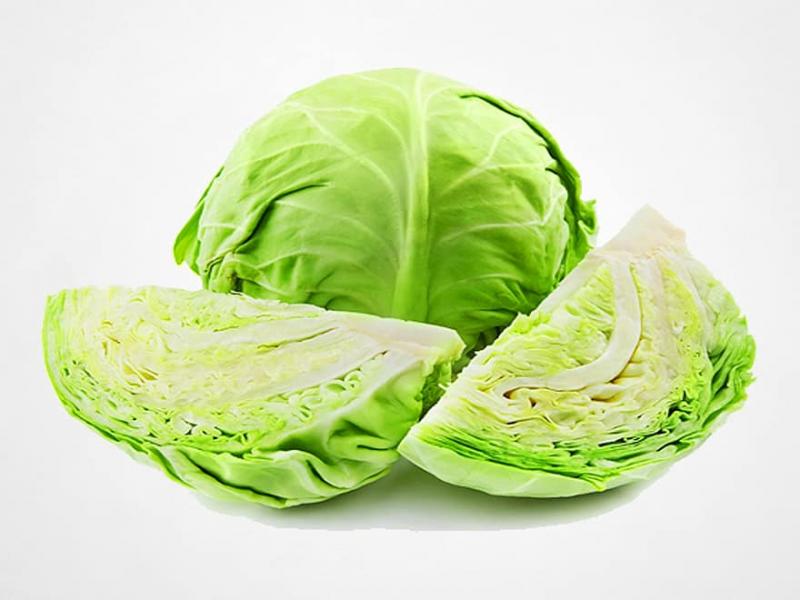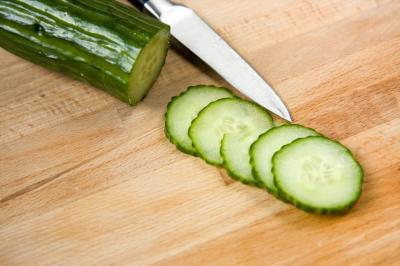
Cabbage is a vegetable that belongs to the cabbage group. There are several types of cabbage, the most common are: white, red and colorful.
This extremely nutritious vegetable is used raw in the form of salads or as a juice that has healing properties for stomach ulcers, duodenal ulcers, for biological preservation (sauerkraut is an excellent source of vitamin C which strengthens our immunity and good probiotic bacteria that improve digestion, eliminate toxins from the body and maintain intestinal health while brine is great for coughs and perfect against hangovers), for the production of ready-made or semi-finished meals.
The color of red or purple cabbage comes from the high content of polyphenols, including anthocyanins that have a strong antioxidant effect, neutralize harmful free radicals, prevent oxidative stress and reduce the risk of many diseases, cancer, cardiovascular disease, neurological disorders, premature aging.
A cup of raw cabbage contains just over 5 grams of carbohydrates, of which about 50% is plant fiber and has a very low glycemic index of 10.2, which means that glucose is slowly absorbed into the bloodstream, without sudden jumps and falls, which is especially important for diabetics.
Cabbage is a good source of minerals potassium, iron, calcium, manganese, sulfur, magnesium, vitamins A, C, K, B6 and folate and is not a significant source of protein and fat.
Why you should eat cabbage!
It has a beneficial effect on the health of the cardiovascular system
Cabbage is a good source of fiber, potassium and folate, nutrients that keep heart healthy. Fiber helps lower cholesterol, potassium lowers blood pressure while increased folate intake reduces the risk of heart attack and stroke.
Protects eyesight
Cabbage is a good source of lutein and zeaxanthin, carotenoids with a strong antioxidant effect, eliminate harmful free radicals, preserve eye health and reduce the risk of macular degeneration that comes with aging.
Protects against cancer
Studies have shown that these vegetables have anti-cancer effects and that consuming 3-5 meals of cruciferous vegetables a week (such as cabbage, cauliflower, broccoli, kale) reduces the risk of cancer of the lungs, colon, breast and prostate.
Strengthens immunity and prevents anemia
Red cabbage is a treasure trove of vitamin C, it contains 7-8 times more vitamin C than white cabbage. This vitamin strengthens our immunity, contributes to the creation of collagen, which restores gums, bones, teeth, blood vessels, improves iron absorption and prevents anemia.



